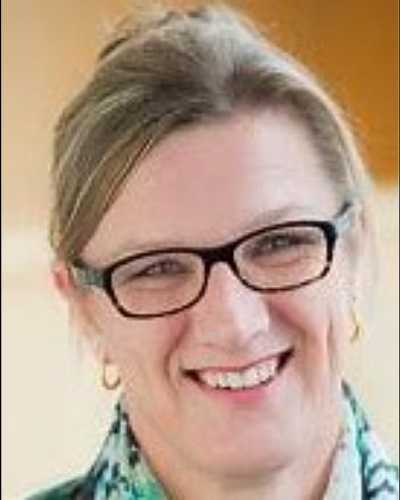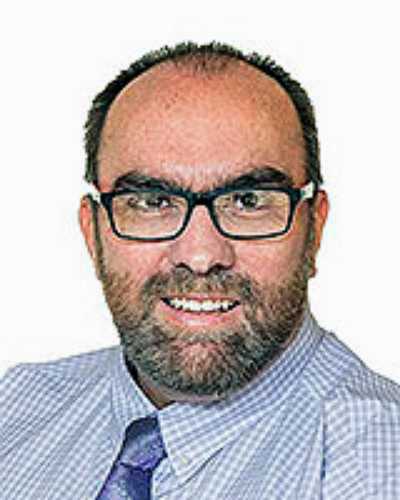Now published, see the full article 
Early Abstract:
Introduction: A sustainable rural and remote healthcare workforce is critical for addressing healthcare access disparities globally. Attracting recent healthcare graduates to rural and remote areas is one proposed solution. The objective of rural placements is to expose healthcare students to the unique challenges and rewards of working in these areas, thereby encouraging them to consider long-term employment in such settings. It is essential to understand the events and experiences that significantly influence healthcare students’ sense of belonging to these communities, as this sense of belonging is crucial for their commitment to future employment in rural areas. This scoping review aimed to investigate the events and experiences that influence medical, nursing, and allied health students’ sense of belonging to a rural and remote community when on clinical placement. Understanding these outcomes helps in designing placements that effectively foster a sense of community and commitment among students, ultimately contributing to a more suitable rural healthcare workforce.
Methods: The scoping review following the JBI methodology. Literature from 1995-2024 was systemically identified and mapped using five databases: PROSPERO, MEDLINE, JBI Evidence Synthesis and Cochrane Database of Systematic Reviews. Peer reviewed primary research with quantitative, qualitative or mixed-methods designs were included. A narrative analysis approach was adopted to identify and synthesize themes.
Results: From the 3,316 reports found, 13 were analysed. Three themes were generated encompassing rural environment and rural identity formation, social isolation, and community activity engagement. Key findings highlight the positive impact of welcoming community environments in fostering belonging and mitigating social isolation among students.
Conclusion: While clinical training among healthcare students remains pivotal, social integration for enhancing students’ experiences and potentially bolstering future rural healthcare workforce retention is underscored. Gaps in the literature remain, particularly in understanding the intricate relationships between community involvement, social activities, and student retention. Future research should explore student belonging to inform placement programs that address clinical and social integration.
Keywords: belongingness, clinical placement, healthcare personnel, remote, rural, social environment, student, work integrated learning




